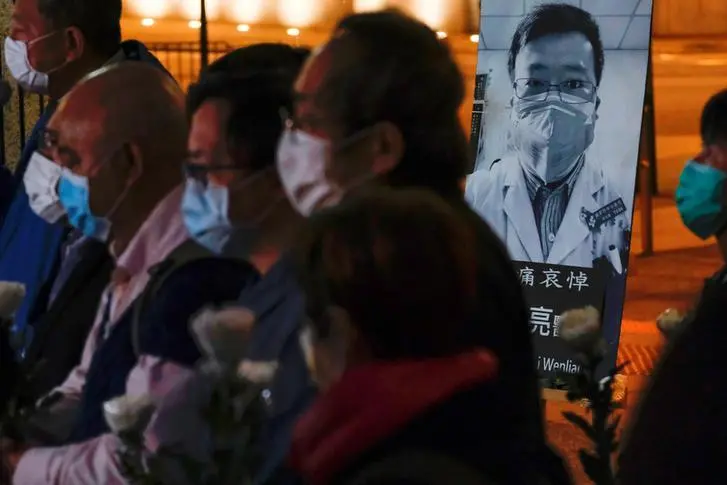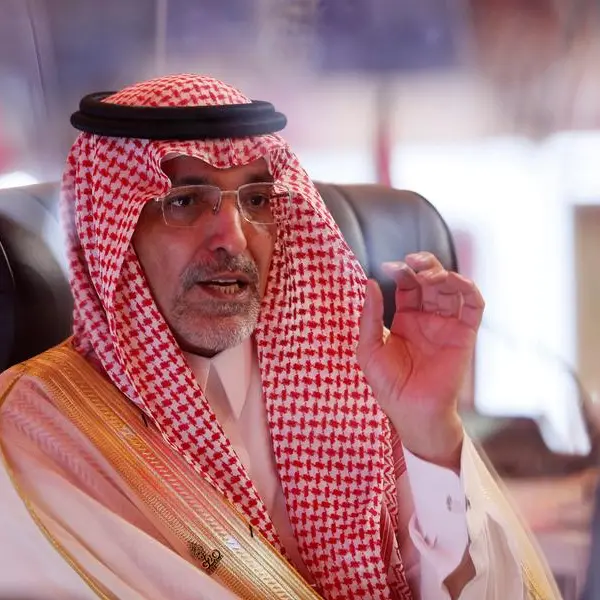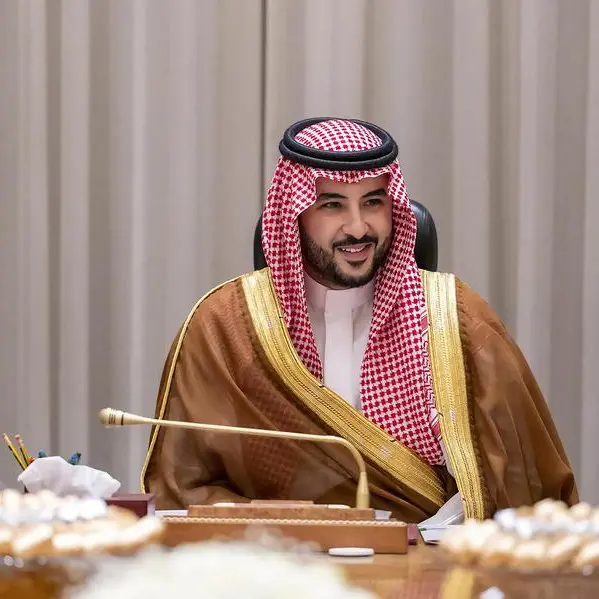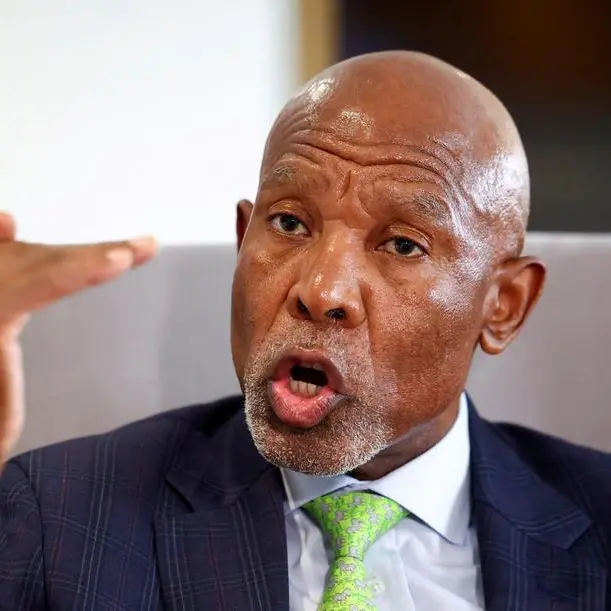PHOTO
The coronavirus disease (COVID-19) may have caught world leaders by surprise, but US President Donald Trump has been on a mission to put the blame squarely on China. Not only has Washington accused Beijing of covering up the origin, range and seriousness of the pandemic, but it has also charged it with manipulating multilateral bodies like the World Health Organization (WHO) to prevent international scrutiny of its response to the disease. The US has even criticized the way in which China has deployed “mask diplomacy” across the world to — the White House alleges — exploit the crisis to advance its interests.
Is Washington’s language justifiable? If China wishes to be taken seriously as a hegemonic power, its behavior deserves attention. But it may not like the outcome of that attention, for it is the case that China failed to react quickly and honestly to the coronavirus, and that it has also invested tremendous resources in rewriting that story.
The international community is increasingly, rightly and reasonably, focused on what Chinese authorities knew about COVID-19 and when — and when they released that information to the wider world. The unfortunate irony is that, in his desire to control his country’s public image at home and abroad, President Xi Jinping made a series of decisions that ended up severely damaging China’s brand; and, in so doing, raised serious questions about the wisdom of authoritarian government generally.
When the novel coronavirus hit Wuhan late last year, authorities swiftly silenced whistleblowers, instead of listening to and acting on their concerns. Despite evidence of a serious and novel disease being in circulation, state-owned publications and privately owned platforms under the Communist Party’s thumb continued to promote implausible optimism. Some Chinese citizens, like the late Wuhan ophthalmologist and whistleblower Dr. Li Wenliang, challenged this narrative, but their attempts at pushing back against an inaccurate picture of events were opposed at every turn. On Jan. 1, one day after China touted its initial disclosure to the WHO and the closure of Wuhan’s wet market, local authorities were still proudly announcing they had “dealt with” eight people for allegedly “spreading rumors” about a new SARS-like virus.
It would be another 20 days before Chinese health officials were allowed to actually acknowledge the danger of travel to or from Wuhan. Supporters of accountable governance around the world must not allow China to erase this history or to use diplomatic, financial and other pressure to push countries into forgetting it. The world must not lose this opportunity to advocate for strengthened independent journalism as a front-line defense against global catastrophe, as the ability of reporters to bring us news of potential crises has proved critical amid this pandemic. Authoritarian governments may be opposed to such freedoms but, in opposing them, they pose a danger to us all.
The heavy hand of local and national Chinese media authorities, disconnected from China’s national health imperatives, are the unfortunate outcome of prioritizing a sanitized public image over the need to report honestly on difficult circumstances; circumstances that challenge the narrative of a perfect society and reveal the cracks, fissures and failures that, paradoxically, prevent society from improving. The fear of such honesty is palpable in China’s behavior. Even with its formidable military, China has put significant financial and human investment into shaping the global media space, in part by rewriting the story of the COVID-19 pandemic.
Clearly, the Chinese government believes its international role depends on a rigorously vetted image, both at home and abroad. The world should demand accountability instead.
The alternative is to forget the very recent history and, in the process, forget that history repeats itself. Certainly the time has long since passed that we began acknowledging China as a superpower with the resources to match its ambitions. But part of being a global power is acting responsibly, appropriately and commensurately with the role one currently enjoys — and aspires to. Washington may have botched its own response to the coronavirus, but that doesn’t mean China didn’t as well.
- Muddassar Ahmed, a former adviser to the British government, is managing partner of Unitas Communications and a fellow of the German Marshall Fund of the United States. Twitter: @mmuddassarahmed
Copyright: Arab News © 2020 All rights reserved. Provided by SyndiGate Media Inc. (Syndigate.info).





















